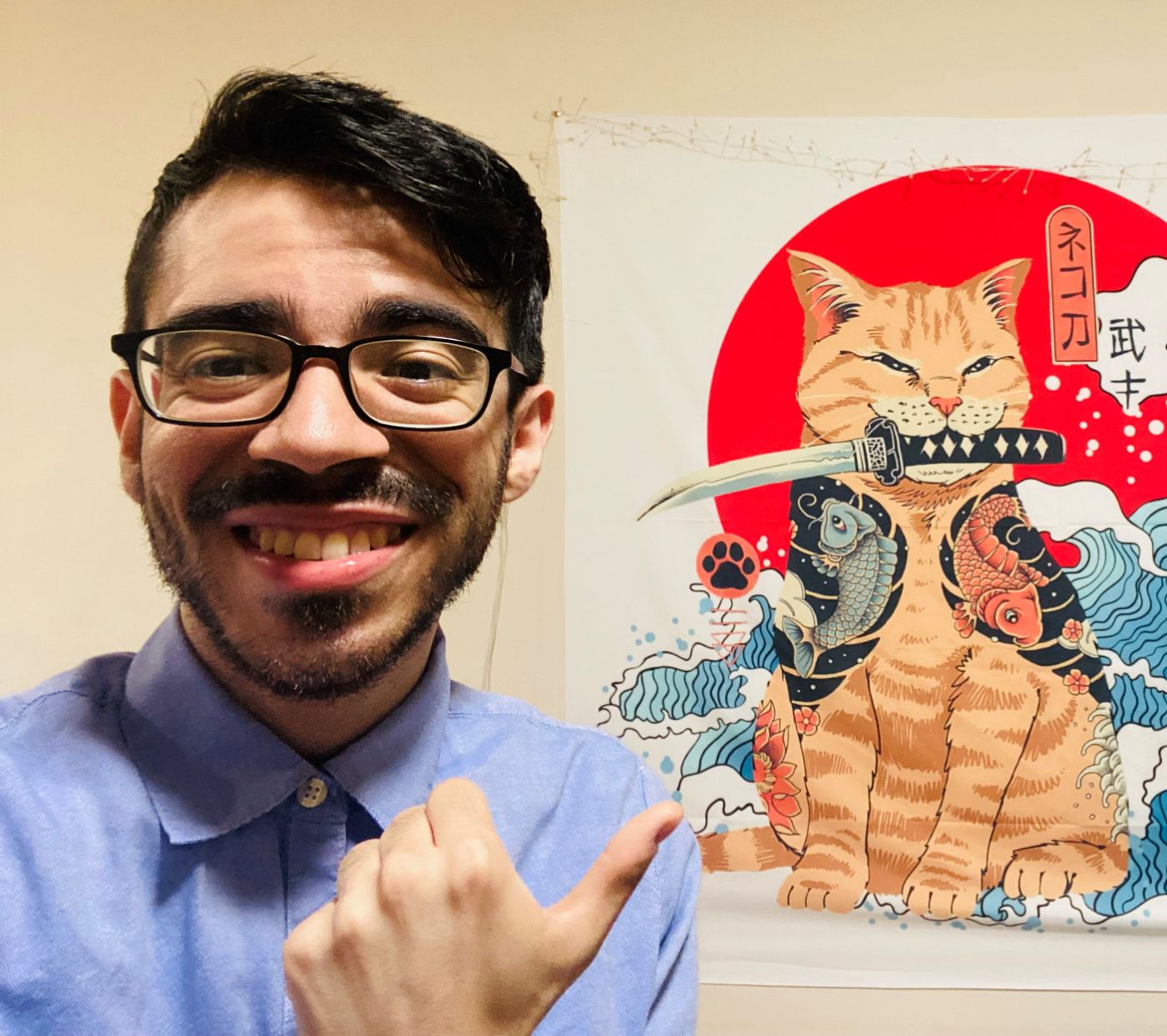Audio Presented by

Journalist, copywriter and passionate storyteller with a lifelong love of video games.
About Author
Journalist, copywriter and passionate storyteller with a lifelong love of video games.

Journalist, copywriter and passionate storyteller with a lifelong love of video games.
Journalist, copywriter and passionate storyteller with a lifelong love of video games.